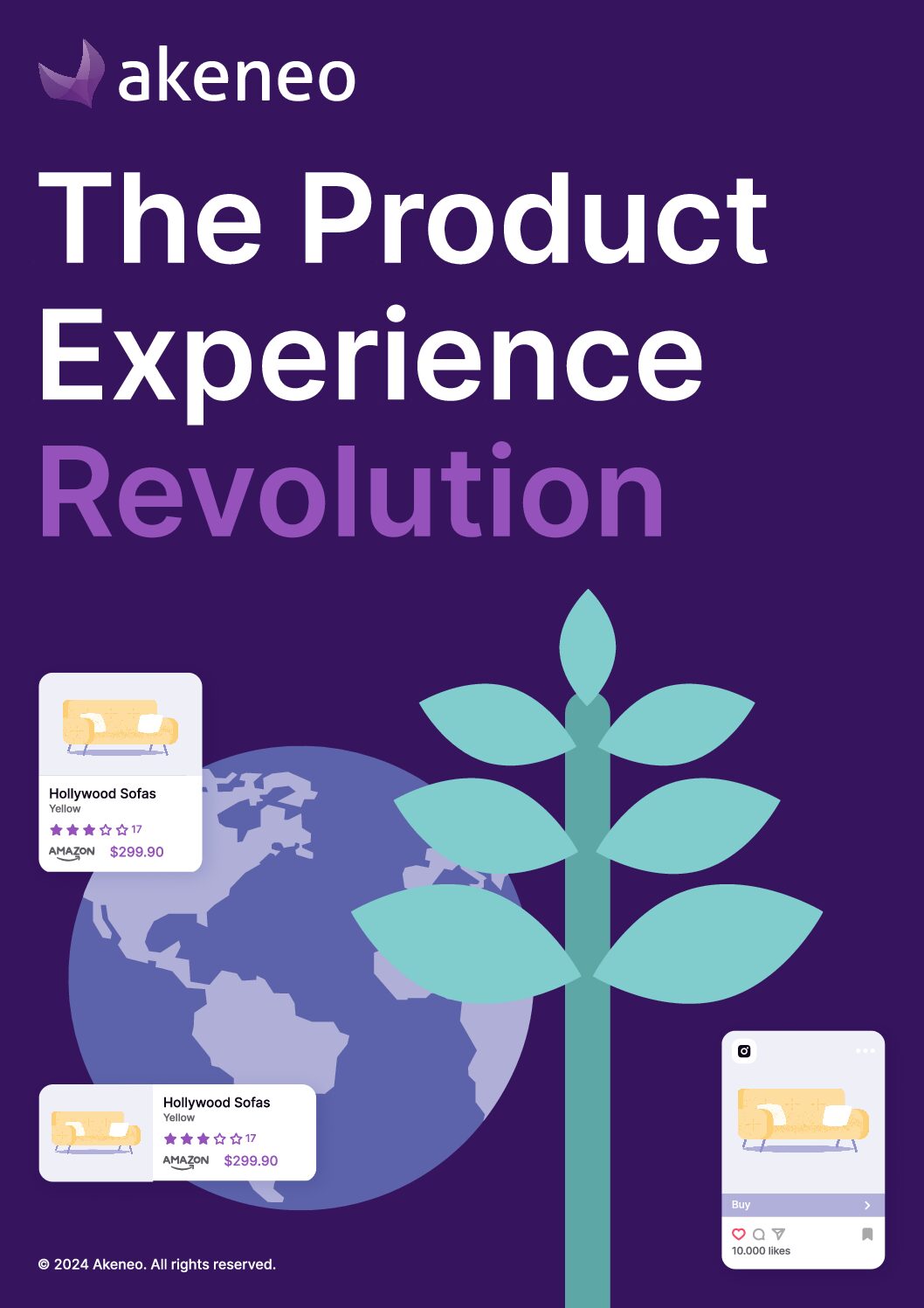Explore the issues of reckless consumerism and its impact on the environment and economy, and discover how detailed product information can empower consumers to make sustainable choices and drive positive change.

Table of Contents
Keywords
In a world of doorstep deliveries and instant gratification, one thing has become abundantly clear:
Convenience often trumps sustainability.
But convenience often comes at a cost, typically to both our pockets and the planet. While it might be easy to overlook the consequences of tossing away an old smartphone or replacing a barely worn shirt, the cumulative effects of these choices are far-reaching and alarming; in fact, a recent study found that only one percent of products are still in use six months after their purchase.
Landfills overflow with mountains of discarded items, oceans suffer from plastic pollution, and wildlife faces threats from toxic waste; disposable, low-quality products contribute to a cycle of resource extraction, production, and disposal, generating unprecedented amounts of greenhouse gasses and depleting natural resources.
“If our demands on the planet continue to increase at the same rate, by the mid-2030s we would need the equivalent of two planets to maintain our lifestyles.” WWF International Director General, James Leape
It’s all too easy to place the blame on the consumer, but in the midst of a cost-of-living crisis, the allure of cheaper products can often be too tempting. And although these items often come with a lower price tag initially, repeated purchases add up over time and perpetuate a cycle of wasteful spending.
Reckless consumerism refers to the excessive and often irresponsible consumption of goods and services, typically characterized by:
Reckless consumerism can manifest itself in many different ways within the market, but let’s take a look at a few of the most common examples.
In recent years, there’s been an uptick in shoppers who have been dubbed “serial returners”, meaning customers who intentionally buy more products than they need with the intention of returning some or all of the products.
The main issue with serial returners is that returned items often cannot be resold as new, leading to increased waste and disposal issues. Additionally, the logistics of returning goods involve extra transportation, which increases carbon emissions and negatively affects the environment.
The processing of returns also incurs expenses for retailers, which can result in higher prices for all consumers or more strict return policies,
If you’ve bought a smartphone in the past decade, you’ve likely heard of the term “planned obsolescence”, which describes the practice of intentionally designing products that will break or become unusable in the near future to encourage sales of upgrades or new products. This tactic forces consumers into frequent replacements, leading to increased consumption and waste as discarded products often end up in landfills, contributing significantly to pollution and environmental harm.
This practice also exploits consumers by compelling them to spend more money on replacements rather than investing in durable, long-lasting products. The constant need to produce new items to replace obsolete ones also leads to inefficient use of resources and energy, exacerbating the strain on our planet’s limited resources.
One of the biggest culprits of reckless consumerism is the fast fashion industry.
Through the rapid production and consumption of low-cost clothing items that follow fleeting trends, this industry encourages high turnover, prompting consumers to frequently update their wardrobes to stay in style, resulting in the quick disposal of old clothes.
The fashion industry in general is a major contributor to pollution, including water pollution from dyeing processes and microplastic pollution from synthetic fibers, and the rapid pace of microtrends nowadays only exacerbates this.
Additionally, fast fashion often relies on low-cost labor in developing countries, where workers may face poor working conditions and low wages, which is neither sustainable nor ethical.
Consumers today are increasingly aware that their choices have consequences. However, despite this awareness, there remains a critical gap in the information needed to make well-informed decisions.
This lack of transparency and guidance has long hindered efforts to shift towards more sustainable consumption patterns, yet the tide is turning. Younger generations in particular are driving this change, with 27% more likely to buy if they believe a brand cares about its impact on people and the planet.
These individual changes in behavior are the driving force behind a revolution in consumerism. As more people choose quality, transparency, and sustainability, they collectively push businesses to adopt better practices; 66% of consumers now spend more time researching information and validating purchases than before.
By making informed choices, consumers are not only improving their own lives but also contributing to a larger global effort to combat reckless consumerism and its detrimental impacts.
Empowering consumers with the right information is crucial for mitigating this trend of reckless consumerism. People want to spend their money on products they know will last, so providing them with detailed, transparent information such as a comprehensive supply chain report, raw materials data, and details about end-of-life disposability or recycling/resell programs enables informed, data-driven purchases.
Particularly when it comes to serial returners, providing accurate information about size, fit, and color, along with abundant user-generated content (UGC), can significantly reduce return rates. When consumers feel confident in their purchases, they are less likely to order multiple items with the intention of returning those that don’t meet their expectations. This not only reduces waste but also encourages more sustainable buying habits.
By equipping consumers with the knowledge they need, businesses can foster trust and loyalty, ultimately contributing to a more sustainable future.
This throwaway culture we've found ourselves in not only strains our finances but also contributes significantly to environmental degradation, and promises to only get worse over time unless we take action now.
The best way to combat this trend of reckless consumerism is to establish a foundation of trust with consumers and provide them with the right information in the right way for the right products. By doing so, we empower them to make responsible, informed decisions.
If you’re looking to learn more about how product information and a product experience (PX) strategy can help your organization empower consumers to make sustainable decisions, download our eBook, ‘The PX Revolution’ today!
Discover the latest shift in consumer behavior, and learn how your organization can combat reckless consumerism with detailed product information and an enhanced product experience offering.
